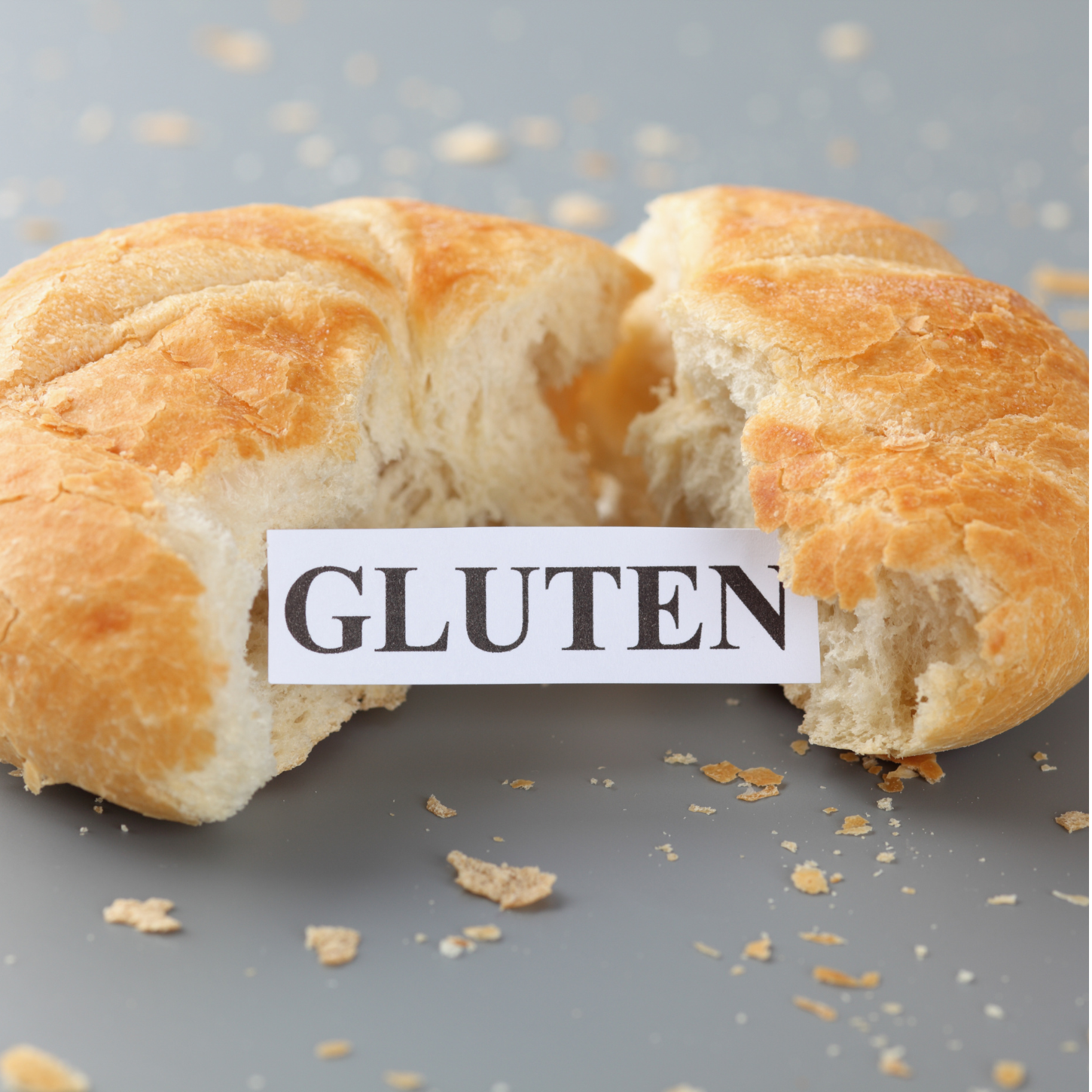Transcript: The Top 7 Triggers of Inflammation
Ever heard of a cytokine storm before?
In fact, many of you probably heard of it in relation to Covid-19.
In case you don’t have a definition, or your mind has chosen to forget everything to do with Covid, a cytokine storm involves the acute and intense flooding of inflammatory antibodies that are released to counter a pathogen or heal a wound. In the process, damage can be inflicted on healthy cells of your body in an all-out James Bond style effort to defeat the threat.
Once the threat has been extinguished, the immune system ceases releasing inflammatory cytokines and the anti-inflammatory arm of the immune system takes over to heal any damage that was caused.
However, unfortunately in some cases, the threat is ongoing, and the anti-inflammatory phase is not activated. The threat is not enough to prompt a full out cytokine storm, and instead, you experience an ongoing cytokine drizzle: low-grade, chronic, and unresolved inflammation that harms healthy cells in tissues in a feeble effort to protect you from the ever-present threat.
This state of chronic inflammation is catabolic, meaning that the body is breaking down tissue, not building tissue. In other words, this is not good news.
Chronic inflammation puts you at the risk of developing a host of diseases which can ruin your quality of life and can even be life-threatening. In fact, more than half of all deaths today are related to chronic inflammatory diseases, such as coronary heart disease, stroke, cancer, diabetes, chronic kidney disease, fatty liver, and autoimmune and neurodegenerative conditions. And this list is by no means exhaustive.
Truth be told, there are many factors that can trigger ongoing inflammation. Although a normal inflammatory response is temporary and resolves once the threat has passed, certain factors can prevent the resolution of inflammation and, in turn, promote a state of low-grade, generalized, ongoing inflammation. The top seven triggers of chronic inflammation include:
1. Chronic infections
Whenever the body encounters a harmful bug, it starts an inflammatory response as a defence mechanism to get rid of it and begin the healing process. However, some microorganisms, such as viruses, parasites, fungi, or bacteria, can resist our defences and remain active in our bodies for an extended period. This failure to eliminate the source of infection can trigger chronic inflammation. Examples of chronic infections include cytomegalovirus (CMV), Epstein-Barr virus, hepatitis C virus, and Candida overgrowth.
2. Toxic exposures
Another trigger of chronic inflammation is exposure to low levels of a particular toxin or foreign material that cannot be easily eliminated. Examples include air pollutants, heavy metals, prescription drugs, pesticides, chemicals in foods, food packaging, personal care products, and household cleaners. For example, the U.S. Federal Tox21 program has tested more than 9,000 chemicals to which people are commonly exposed and found that many drive inflammation and inflammation-related diseases.
3. Poor sleep
Research shows that inflammatory molecules in the body, such as cytokines, interleukin-6, and C-reactive protein, are usually elevated among people who are not sleeping well. A sleep shortfall raises blood pressure, alters the body's stress response system, interferes with normal brain function, and activates many inflammatory processes.
4. Chronic stress
It’s natural and normal to be stressed sometimes. But facing persistent psychological stressors, such as high demand jobs, financial insecurity, or living in a dysfunctional marriage or family, can drain your psychological resources and push the inflammation dial up.
5. Lack of exercise
Did you know that over 30% of the world population is considered physically inactive and does not meet the minimum recommendations for regular physical activity?
Recent studies show that our muscles function as endocrine organs, producing small proteins called myokines during muscle contraction. These myokines have an anti-inflammatory effect and can be why people who don't exercise regularly have higher levels of C-reactive protein and other inflammatory markers.
In addition, lack of exercise can contribute to obesity and excessive abdominal fat, a significant trigger of inflammation that accelerates aging and the risk of heart, metabolic, autoimmune, and brain diseases, as well as several types of cancer.
6. Inflammatory foods
The typical Western or Standard American Diet (SAD) widely adopted in many countries is usually low in fruits, veggies, and other fiber-rich foods and high in animal products, refined grains, alcohol, and ultra-processed foods containing many artificial ingredients. Unsurprisingly, the same foods that cause inflammation are generally considered bad for our health. Examples include sodas and refined carbohydrates, French fries and other fried foods, fats such as margarine or shortening used in muffins, cakes, pastries, and pies, as well as red and processed meats. Constantly picking the wrong foods can accelerate the inflammatory disease process.
7. Gut problems
If you have what we call dysbiosis, which is an imbalance of good and bad bacteria in your gut, this can trigger inflammation in various ways:
- Health-protecting bacteria and their beneficial functions may be lost
- Pathogens can be acquired or can overgrow in the gut
- A combination of both.
An imbalance in gut microbes can also impact the gut barrier, the intestinal lining of cells that, when working properly, forms a tight fence that controls what gets absorbed into the bloodstream. An unhealthy gut lining may become more permeable and have larger cracks or holes, popularly known as "leaky gut", allowing partially digested food, toxins, and harmful bacteria to penetrate the tissues beneath it and gain access to the bloodstream. This triggers the immune system and promotes ongoing inflammation.
All these things trigger inflammation, but did you notice that most of these things, you can do something about? Whether it is improving your sleep, managing your stress better, changing your diet, there are many things you can do to reduce inflammation and your risk of developing disease.
To help get this information out there and make more people aware of how they can minimise these inflammatory triggers, please like and subscribe. We’d also love to hear from you in the comments about what you are going to do this week to mitigate your risk of inflammation.
And if you would like to learn more about what you can to improve your sleep, check out our video here where you can find out some tried and tested strategies to make sure you get those 7-8 hours of blessed sleep.














What Do You Think? Comment Below: